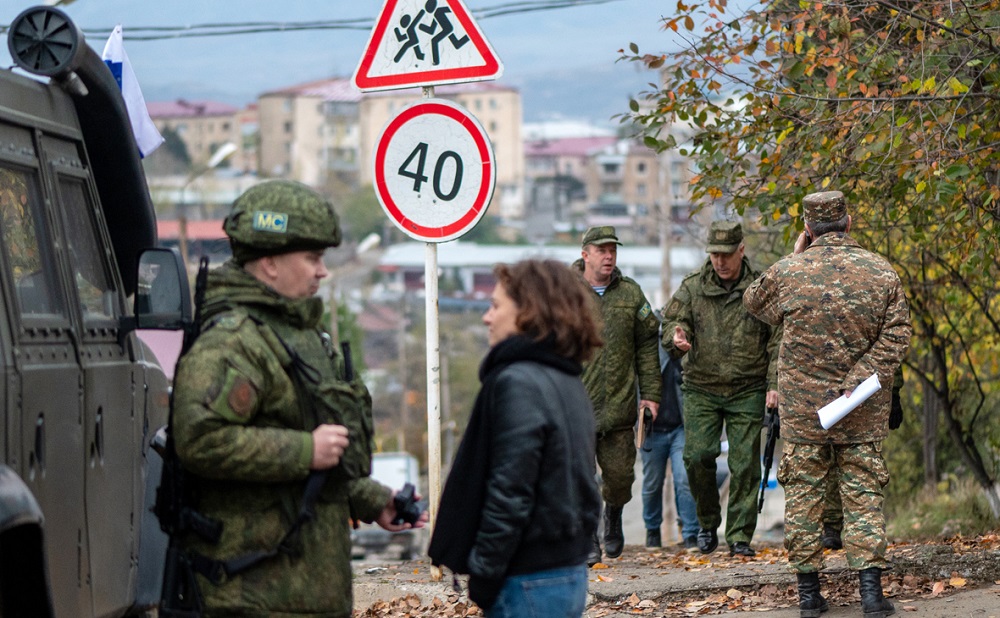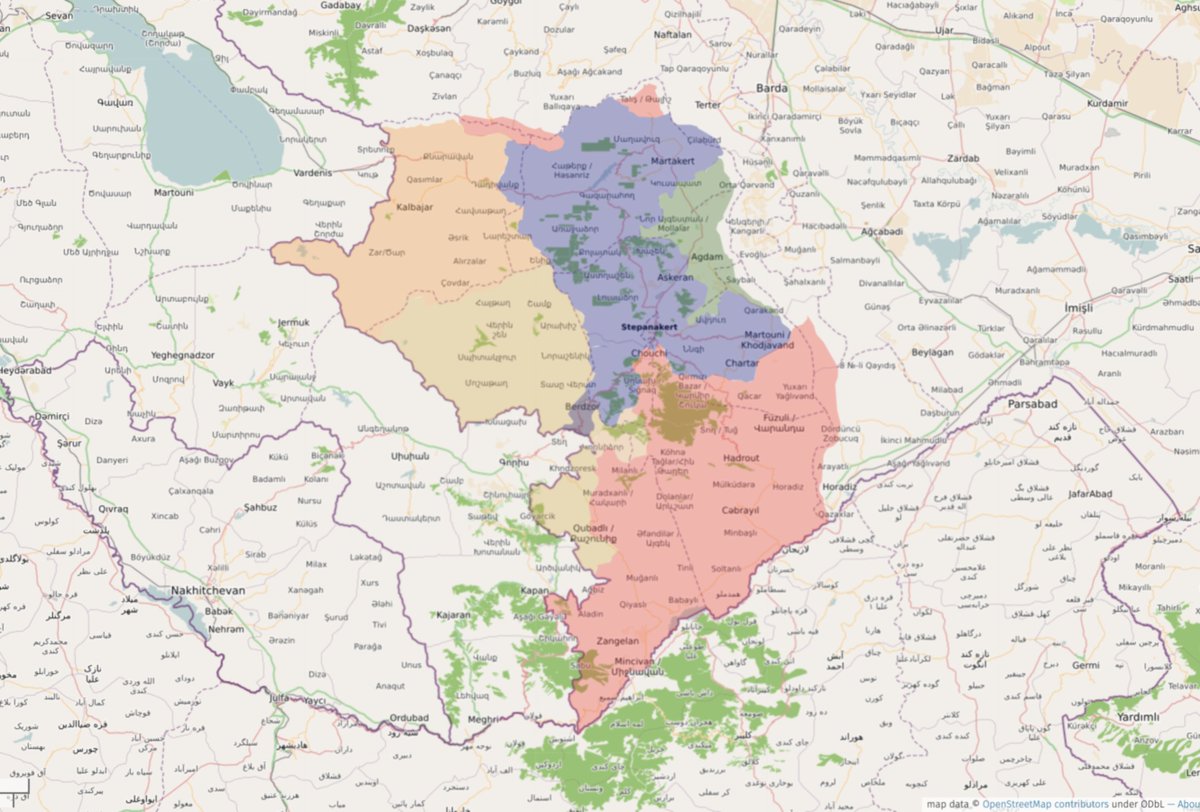Was the second Karabakh war 'planned?' – commentary from Baku
Exactly four months have passed since the signing of the trilateral statement that ended the second Karabakh war.
Was this war previously agreed upon between the parties concerned? Or everything was the way it was presented by official sources? Former Minister of Foreign Affairs of Azerbaijan Tofig Zulfugarov commented on the issue.
- Aliyev on post-war situation: ‘The results of the war will remain unchanged’
- Op-ed: myths that replaced reality led to Armenia’s defeat in Karabakh war
- Armenia, Azerbaijan agree on transport corridors –what’s changing for Georgia?
“Four months have passed since the adoption of the joint statement, which put an end to the hostilities of the Second Patriotic War of Azerbaijan against the occupation of our territories by Armenia. Although not much time has passed, it is enough for the first, emotional wave to have subsided and to comprehend what happened and where we are now,” the Azerbaijani diplomat writes.
According to him, the main question remains that “was everything that happened” by agreement “or not.”
“To be frank, there are signs of such a scenario and there are those events that are simply impossible to ‘plan’ and implement. For example, the heroism and tactical innovations of Azerbaijan’s special operations troops, unexpected for everyone, or the devastating effect of the use of UAVs, or the importance of direct control by the commander-in-chief of the actions of individual formations, etc.
Or the unexpected rapid collapse of the enemy’s defense system and mass panic and desertion of his servicemen (10 thousand according to official sources). There are a lot of such examples in favor of the second interpretation of what happened, and they are widely known,” Zulfugarov noted.
But he is sure that all this does not in any way affect the opinion of numerous convinced supporters of the “conspiracy theory” in Armenia and Azerbaijan.
“Where is the truth? It is always in the middle,” the former head of the Azerbaijani Foreign Ministry said.

“Of course, before hostilities began, the leadership of Armenia and Azerbaijan held numerous consultations with numerous partners, as a result of which peculiar borders or ‘red lines’ were identified, which were not recommended to be crossed …
For example, it was obviously not recommended for Armenia to strike at significant enemy infrastructure facilities, at settlements with civilians, at significant facilities built with the participation of foreign companies, etc.
As for Azerbaijan, in addition to those listed above, we can talk about the prohibition of the conduct of hostilities in the areas of traditional compact residence of the Armenian population and the territory of the Republic of Armenia. Apparently, therefore, when commenting on the situation in the Shusha region and the city of Shusha, V. Putin speaks of his surprise at the position of Pashinyan, who did not accept the Russian proposal of October 12 …
Today it is clear that the capture of Khankendi by Azerbaijani troops would be a clear violation of the previously agreed ‘red lines’. Moreover, if the blame for the loss of Shushi by the Armenians is laid on the stubbornness and intractability of Pashinyan, then the continuation of hostilities in Khankendi would mean that the President of Azerbaijan went beyond the framework of the agreements.
In this case, on behalf of the Armenians, including the “Iskander”, strikes would have been struck at the control points of the UAV, airfields and places of concentration of troops and their control. Su-30 fighters from which they forgot to buy ammunition, suddenly they would receive these very ammunition … and so on. etc.
Under these conditions, we would probably have taken Khankendi and maybe Khojali, but we would have had to wage protracted and bloody battles for the liberation of Aghdam, Lachin and Kelbajar in the absence of ‘Russia’s neutrality.’
So, the ‘big players’, and I mean not only Russia and Turkey, were ready for Azerbaijan to return under its control those occupied territories where the Azerbaijani population lived before the war. But we would not be allowed to repeat the Armenian experience of ethnic cleansing against the Armenians themselves. This is reality, and it is so regardless of how we relate to it.
Above, I have already expressed doubts that we would be given the opportunity to liberate what is under our control today. It is clear that there would be new and very significant losses. But this is not the main thing, if we crossed this “red line”, then we would lose our main advantage – our moral correctness and the legal basis of our sovereign rights to Karabakh.
A side effect of this situation would be the loss of the international “legitimacy” of the authorities and of the president personally, who would turn from the victor of the aggressor to the “culprit and organizer of ethnic cleansing” of the Armenian population.
A failed and a losing scenario, as I wrote, would definitely not be in the interests of Azerbaijan. However, the question arises, why then does the criticism of our victory not calm down? Maybe they don’t understand all this? Or maybe they are interested in the authorities, not Karabakh?
P.S. And Azerbaijan will definitely establish control over the remaining territory, later by other means,” Tofig Zulfugarov wrote on his Facebook page.




















